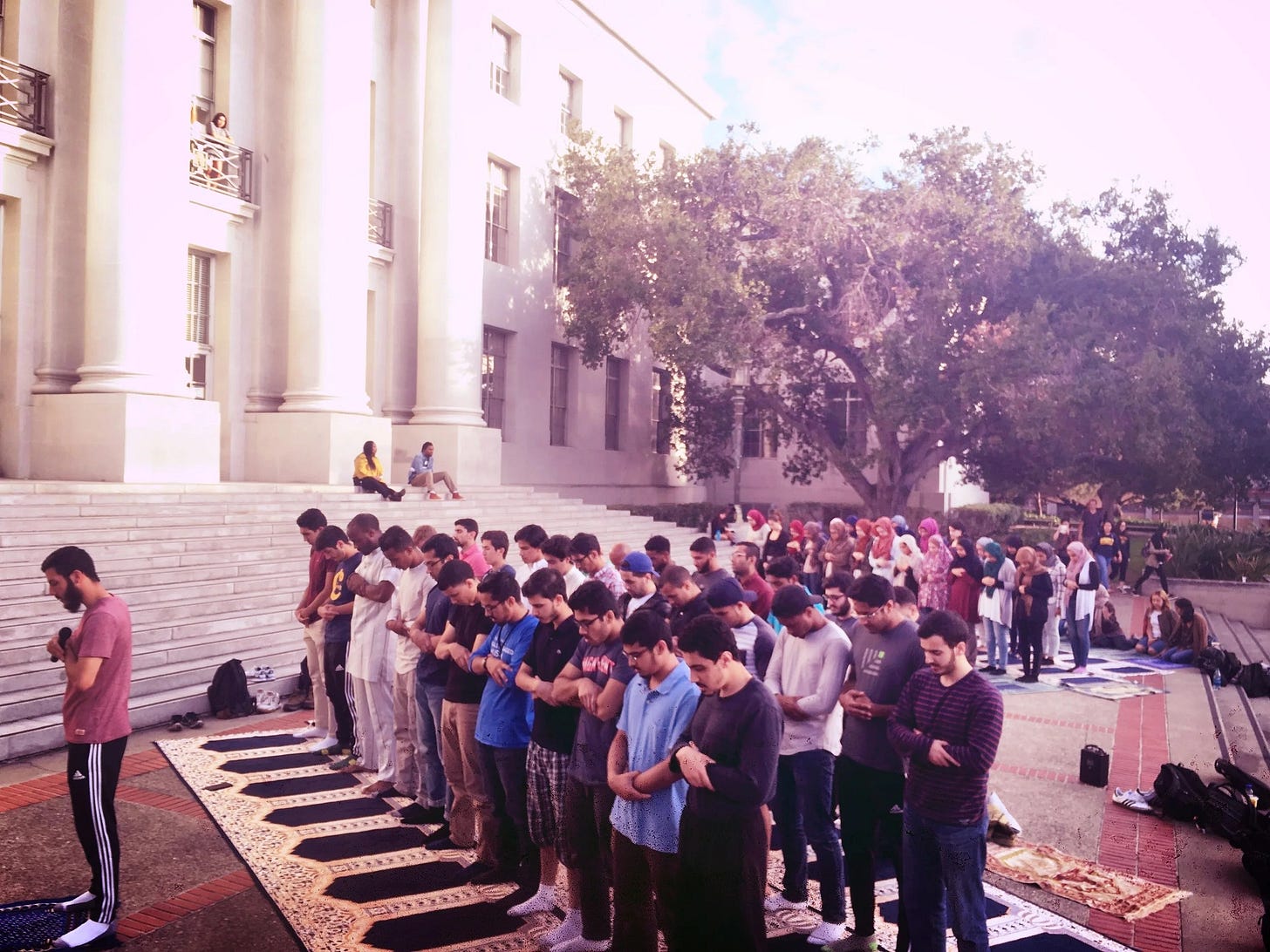UC Berkeley Branded 'Hostile Campus' by CAIR Over Anti-Genocide Speech Suppression
Civil Rights Organization Condemns University's Treatment of Palestinian Advocacy
The Council on American-Islamic Relations (CAIR), the nation's largest Muslim civil rights organization, officially designated the University of California, Berkeley as a "Hostile Campus" on August 26, 2025, citing what it described as systematic suppression of anti-genocide speech and targeting of Palestinian, Muslim, Arab, and allied students and faculty who criticize Israel's actions in Gaza. The unprecedented designation places UC Berkeley among nearly 30 U.S. universities that CAIR has labeled as hostile environments for pro-Palestinian advocacy, according to CAIR's press release and supporting documentation.
Pattern of Suppression
CAIR's designation stems from what the organization characterized as a "long and escalating pattern of targeting" activists on campus. The civil rights group highlighted several specific incidents, including UC Berkeley's 2016 suspension of a course titled "Palestine: A Settler Colonial Analysis" just one week after it began, the 2024 arrest of community members and students following pro-Palestinian protests, and new restrictive free speech policies implemented shortly after Gaza solidarity encampments were established on campus.
The organization's research revealed alarming statistics about the campus climate. A 2024 CAIR-California report found that 85% of Muslim students at UC Berkeley experienced Islamophobic harassment, representing the highest percentage among all 87 California campuses surveyed.
CAIR Officials Condemn University Leadership
"UC Berkeley built its reputation on free speech, but it has clearly made a discriminatory exception when it comes to speaking up about Palestine," said Maryam Hasan, CAIR's research and advocacy specialist, in the organization's official statement. Hasan added that "university leaders who discipline students for demanding human rights in Gaza are not only cowardly but are also complicit in injustice".
The designation places UC Berkeley alongside other University of California campuses, including UCLA and UC Irvine, that have received similar labels from CAIR for their handling of Palestinian rights advocacy.
Safety Concerns and Administrative Failures
Student testimonials included in CAIR's announcement painted a troubling picture of campus life for pro-Palestinian activists. One student described a confrontation where "a Zionist student took the unjustified liberty of shoving his camera into my face in an attempt to dox me, laughing and yelling that I support terrorists," according to video coverage of CAIR's press conference.
The student continued, "The administration didn't lift a finger in addressing these threats to our safety and well-being," highlighting what activists see as institutional indifference to their security concerns. CAIR officials have called on alumni and donors to withhold donations until significant improvements are made to campus climate.
University Pushes Back
UC Berkeley officials responded to CAIR's designation by reaffirming their commitment to protecting diverse viewpoints on campus. University spokesperson Dan Mogulof stated that "UC Berkeley has an unwavering commitment to free speech and to effectively confronting harassment and discrimination of every sort".
Mogulof emphasized that the campus is "dedicated to supporting a community where all can thrive and feel a true sense of belonging without regard for their identities, origins, or beliefs". He noted that university leadership is working closely with the Advisory Committee on Muslim and Palestinian Student Life and Campus Experience to address community concerns.
Key Statistics and National Context
85% of Muslim students at UC Berkeley reported Islamophobic harassment (2024 CAIR-CA survey)
Over 3,000 arrests on U.S. campuses for pro-Palestine protests since October 2023
Nearly 30 universities are now designated as "hostile campuses" by CAIR
8,658 complaints of anti-Muslim incidents documented by CAIR in 2024
Free Speech Movement's Legacy Questioned
The designation carries particular weight given UC Berkeley's historic role as the birthplace of the Free Speech Movement in 1964. Academic freedom experts have noted the irony that a campus once synonymous with student activism and free expression now faces accusations of suppressing political speech.
"Speaking out against Israel's policies of apartheid, occupation, and genocide came with a price," said Corey Saylor, CAIR's civil rights director, highlighting the broader challenges facing Palestinian rights advocates nationwide.
Mounting Pressure for Campus Reform
CAIR's "hostile campus" designation intensifies pressure on UC Berkeley to address what activists describe as discriminatory treatment of pro-Palestinian voices. The controversy unfolds against a backdrop of nationwide campus tensions, with universities struggling to balance free expression rights with community safety concerns amid the ongoing Israel-Gaza conflict.
As federal officials consider potential actions against civil rights organizations like CAIR, and campus activism continues to face increased scrutiny, the Berkeley case may serve as a bellwether for how American universities navigate the complex intersection of free speech, political advocacy, and institutional governance in an increasingly polarized environment.



